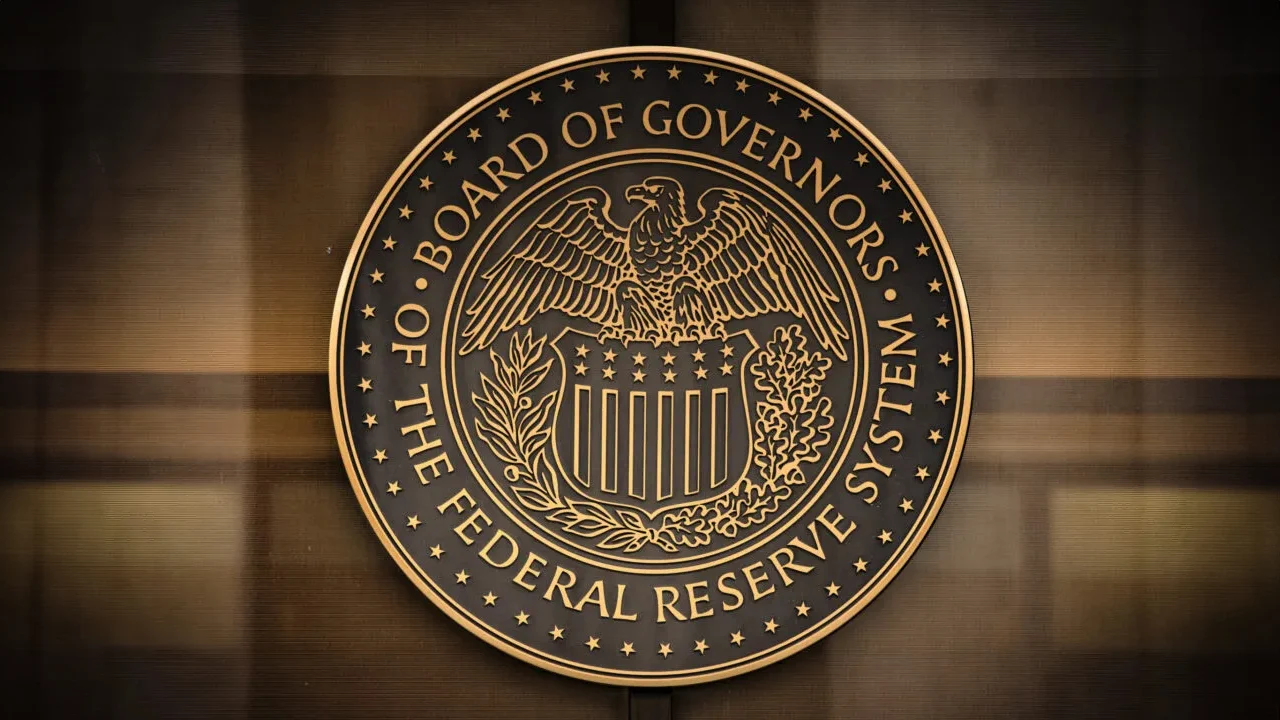In a lecture at Stanford University, Federal Reserve Chair Jerome Powell restated his views on inflation and rate decreases and emphasized the central bank’s will to remain independent in the face of political pressure.
Powell said he was confident inflation would eventually decline to the Fed’s target of 2%, while the road ahead would be “sometimes bumpy.” He pointed to recent statistics that supported the Fed’s assessment, such as a slowdown in the Personal Consumption Expenditures index.
Powell stressed that although the hotter-than-expected numbers earlier in the year were acknowledged, they did not materially change the overall economic picture, which is still marked by strong labor market conditions and steady growth.
The Fed chair reaffirmed the central bank’s readiness to lower interest rates if necessary, contingent on the economy evolving as expected. However, he stressed the importance of monitoring incoming data before making any policy decisions.
Powell’s remarks come amidst market speculation about the pace of rate cuts in 2024, with some officials predicting fewer cuts than initially anticipated. Despite varying views among Fed officials, Powell underscored the Fed’s data-driven approach and emphasized the need for confidence in inflation trends before adjusting rates.
The ongoing political dynamics surrounding monetary policy were also addressed, with Powell reiterating the Fed’s independence from short-term political considerations. While Democrats advocate for earlier rate cuts, Republicans urge caution, reflecting differing priorities in an election year.
Powell’s remarks aim to reassure markets of the Fed’s commitment to its mandate and its impartiality in policy decisions, regardless of political pressures.
A rate drop by the Federal Reserve usually stimulates economic activity and raises stock prices by lowering borrowing costs for individuals and businesses. Reduced interest rates promote borrowing and investment, which may raise the profitability and earnings of businesses. Additionally, investors want larger returns in the stock market as a result of lower rates, which make equities more alluring than fixed-income assets. Additionally, the possibility of lower interest rates tends to increase demand for homes and consumer spending, which helps industries like real estate and retail. All things considered, a rate reduction by the Fed denotes an accommodating monetary policy, which boosts investor confidence and elevates stock values.









